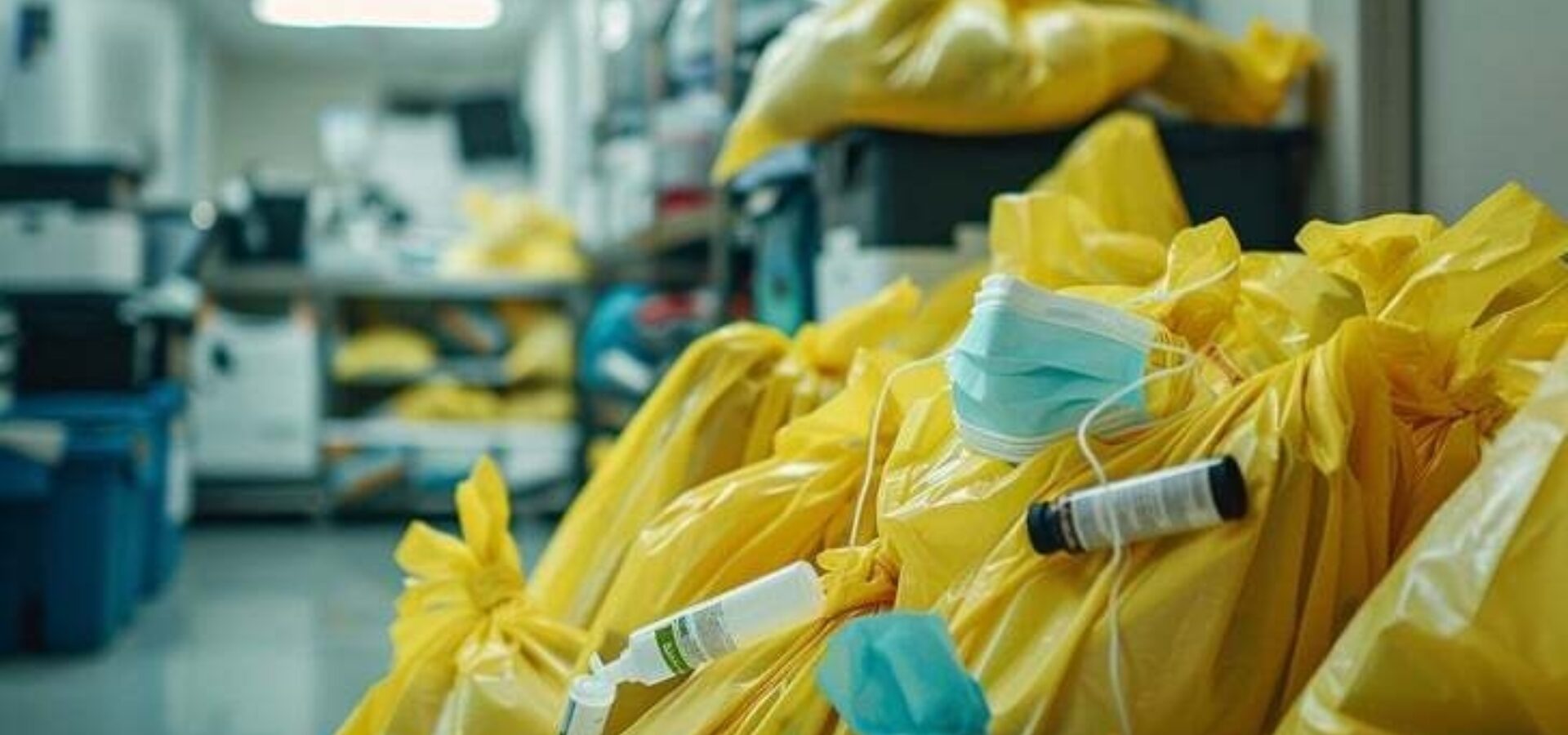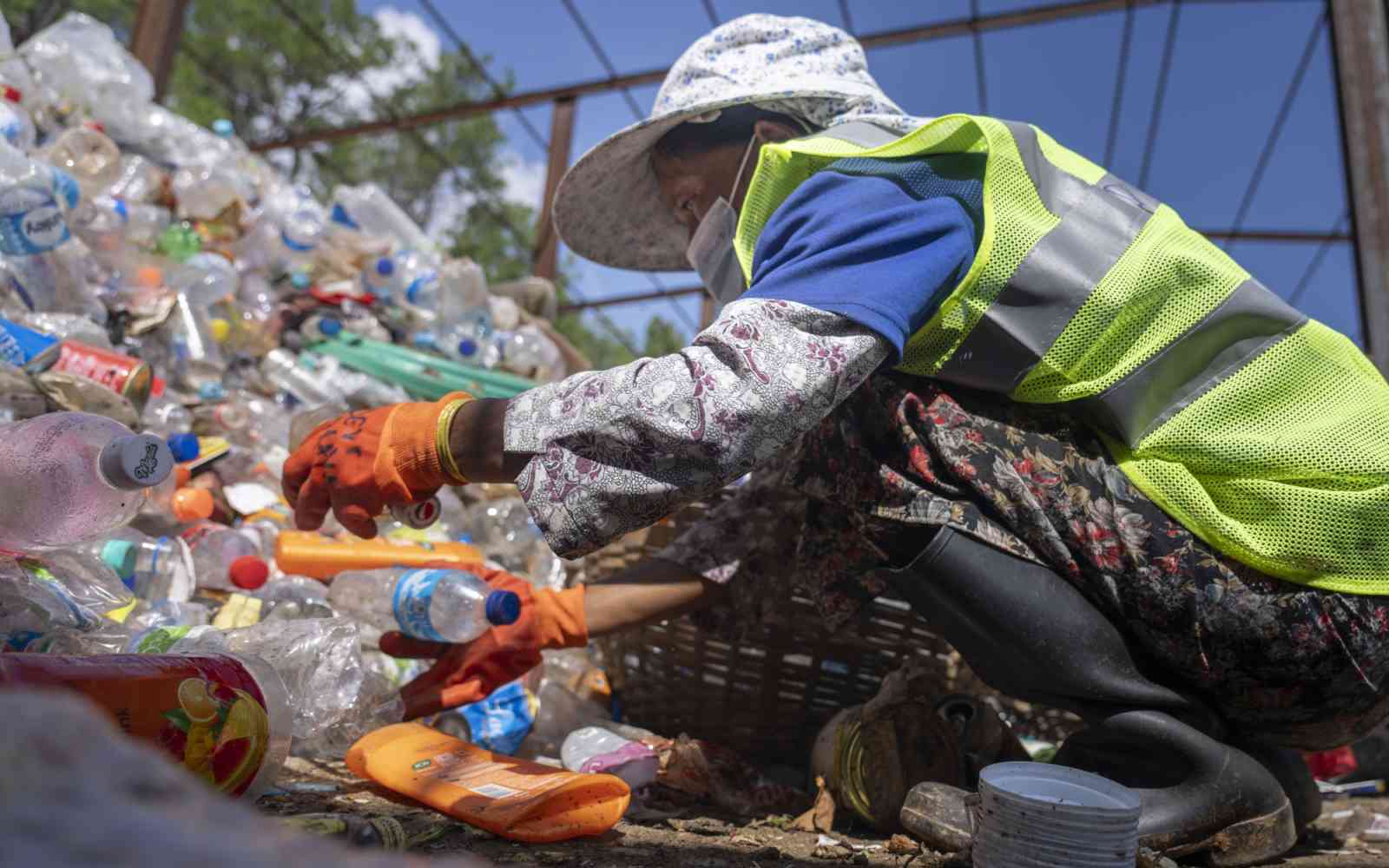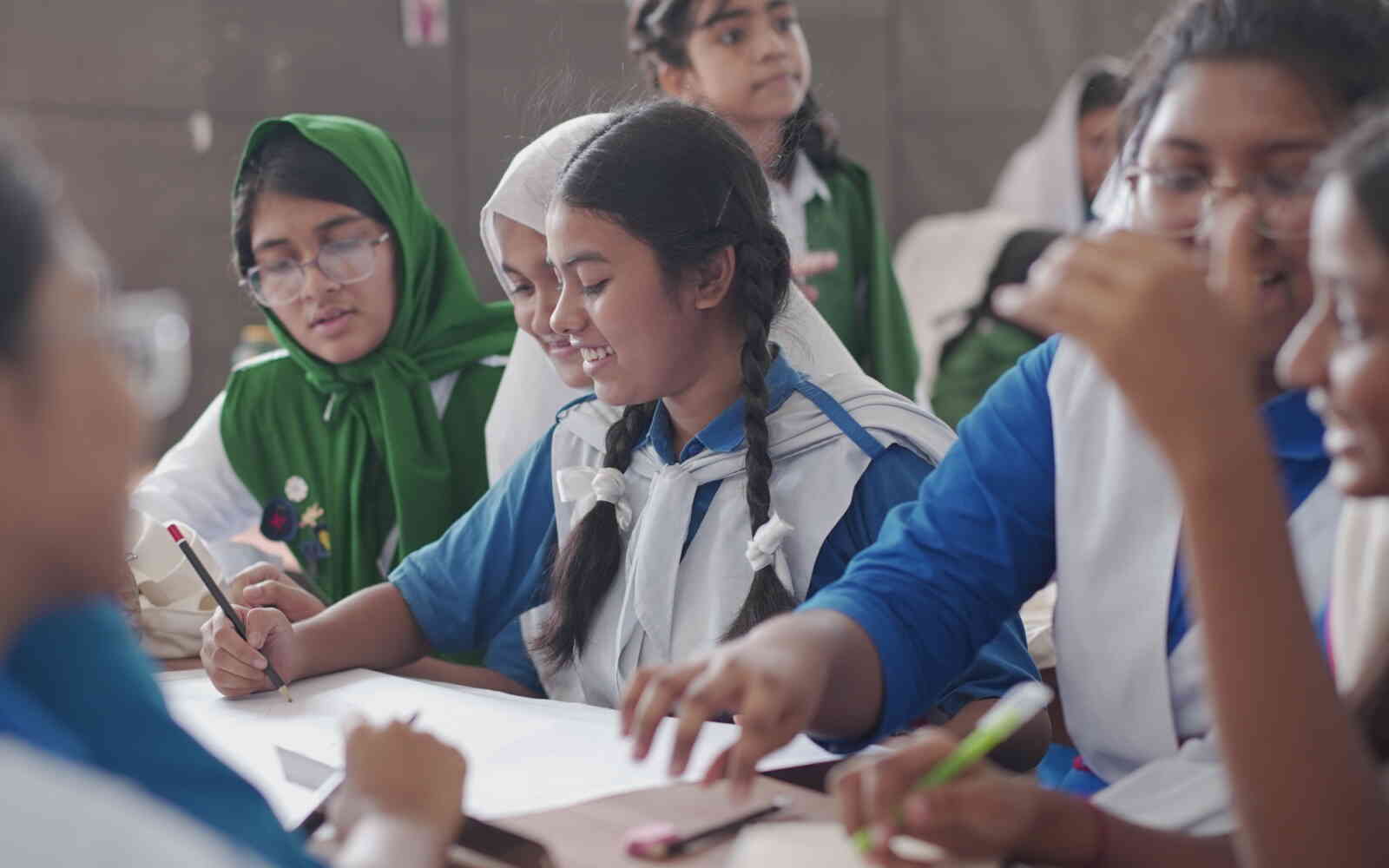The United Nations Office for Project Services (UNOPS)
Tackling a medical waste crisis in Bangladesh
Together with Takeda Pharmaceutical Company Limited (Takeda), UNOPS has launched a new project to strengthen healthcare waste management in Bangladesh.

With $7.1 million in funding from Takeda, the initiative will help protect more than 7 million people from infection risks associated with mismanaged healthcare waste, while building climate resilience within the public health system.
Our partnership with Takeda is a powerful example of what we can achieve when we join forces to tackle complex challenges.
In Bangladesh’s rural and disaster-prone districts, hospitals now generate an estimated 3.4 kg of waste per bed each day – up from 2 kg in 2019 – while more than 80 per cent of municipalities lack proper waste treatment facilities. Seasonal floods and cyclones spread untreated waste into communities and water systems, increasing the risk of diseases such as HIV, hepatitis and bacterial infections.
To address these challenges, six modern, climate-resilient waste treatment facilities will be established, serving thousands of people daily and reaching more than 1.8 million people each year. The project will also train 1,400 healthcare workers and waste handlers, while engaging 250 community leaders and volunteers to promote safe disposal practices.
“Together with UNOPS, we aim to create a model that can serve other vulnerable regions worldwide,” said Toshie Ando, Head of Global CSR and Partnership Strategy, Global Corporate Affairs, Takeda.
The project will provide a sustainable, replicable model for healthcare waste management in underserved and climate-exposed communities, linking infection control with climate resilience.













